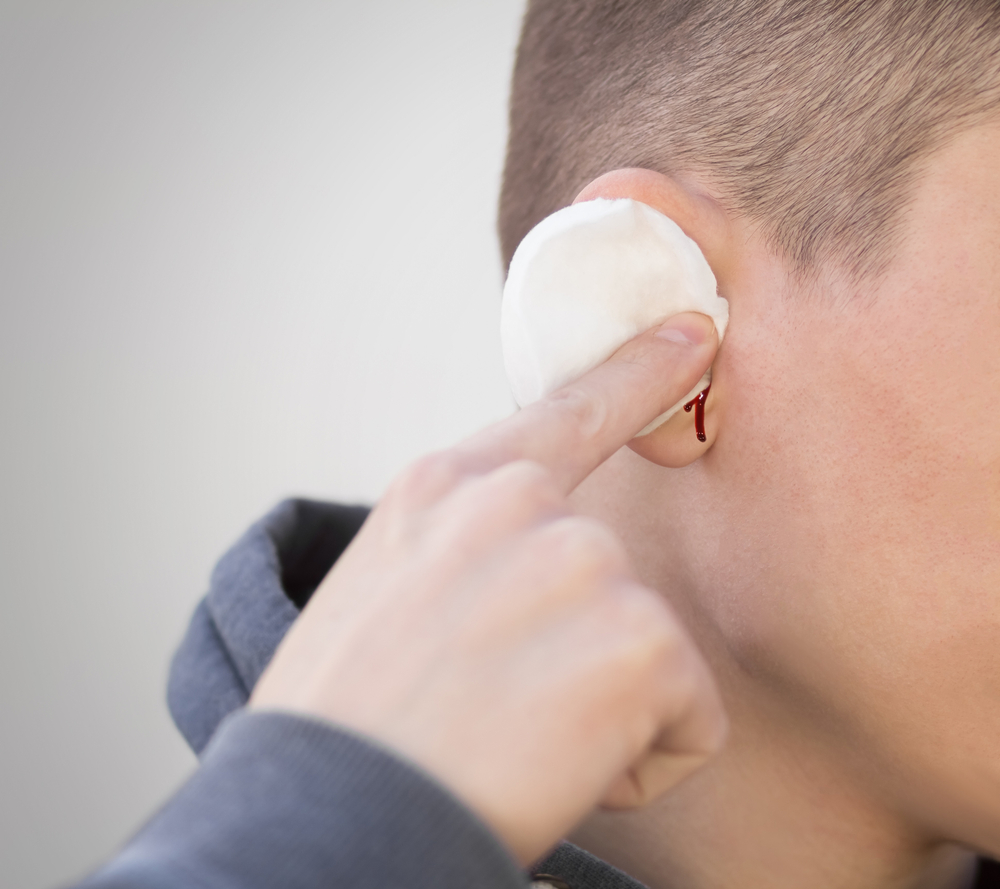Sinus infections, also known as sinusitis, can be a persistent and frustrating health problem for many people. If you’re dealing with recurrent sinus infections, you’re not alone. These infections often seem to come back again and again, making daily life uncomfortable. In this article, we’ll explore the causes of chronic sinusitis, provide effective prevention strategies, and highlight medical treatments that can help reduce the frequency of these bothersome infections.
What is chronic sinusitis?
Chronic sinusitis refers to recurring or persistent sinus infections which last for extended periods, typically over 12 weeks. Unlike a common cold that resolves on its own, sinusitis can cause ongoing symptoms like nasal congestion, facial pressure, headache, post-nasal drip, and a decreased sense of smell.
Chronic sinusitis can be caused by a variety of factors, including viral, bacterial, fungal infections, and environmental triggers like allergens. For many individuals, these infections don’t go away with antibiotics, making them a recurring health issue.
What causes recurring sinus infections?
Several factors can lead to the recurrence of sinus infections, making them a common and frustrating problem for many individuals. The primary causes of recurring sinusitis include:
- Nasal Polyps and Sinus Obstruction: Nasal polyps are non-cancerous growths in your nasal passages that can block the normal drainage of the sinuses. When these polyps obstruct the sinus openings, fluid can become trapped inside, creating an environment conducive to infection. Nasal polyps can contribute to recurring sinus infections and can be difficult to treat with over-the-counter remedies.
- Deviated Nasal Septum and Sinus Drainage Issues: A deviated septum—a condition where the cartilage and bone in the nose are misaligned—can hinder the proper drainage of the sinuses. This blockage can lead to the accumulation of mucus within the sinuses, which provides a breeding ground for bacteria, viruses, and fungi, ultimately causing recurrent sinus infections.
- Seasonal Allergies and Sinus Infections: Seasonal allergies, including hay fever, are a common trigger for sinus infections. Allergens such as pollen, dust mites, and pet dander can cause inflammation in your nasal passages, which can lead to congestion and sinus pressure. This congestion makes it easier for bacteria or viruses to infect the sinuses, leading to recurring infections, especially during allergy season.
- Poor Sinus Drainage: If your sinuses aren’t draining properly due to infection, anatomical issues, or environmental factors, mucus can build up and become infected. Cold viruses, allergies, or a previous respiratory infection can increase the chances of fluid accumulation in the sinuses. This can result in a sinus infection that may recur frequently.
- Underlying Health Conditions and Chronic Sinusitis: Certain underlying health conditions, such as asthma, cystic fibrosis, or a weakened immune system, can increase your risk of chronic or recurring sinus infections. When the immune system is compromised, the body may struggle to fight off infections. This leads to persistent sinusitis symptoms.
Preventing recurring sinus infections: tips and home remedies
While you may not be able to control all the factors that contribute to sinus infections, there are several steps you can take to reduce your risk of recurrence. The following prevention strategies can help keep your sinuses healthy and prevent infections from coming back:
- Use a Humidifier to Maintain Moisture in the Air: Dry air, especially during the winter months, can dry out the mucus membranes in your nose and sinuses, increasing the risk of infection. Using a humidifier helps keep the air moist, preventing your sinuses being too dry and becoming susceptible to infections.
- Invest in a HEPA Air Purifier: HEPA air purifiers are highly effective at capturing allergens such as dust, pollen, pet dander, and mold spores. By improving the air quality in your home, you can reduce the presence of airborne particles that might trigger sinus congestion and lead to infections. A cleaner indoor environment can help protect your sinuses from irritants and allergens.
- Stay Hydrated to Keep Mucus Membranes Healthy: Drinking plenty of water is essential for keeping the mucus membranes in your sinuses hydrated. Proper hydration helps prevent dryness, which can contribute to sinus congestion and infection. Be sure to drink enough water throughout the day to maintain healthy, moisture-rich sinuses.
- Maintain Good Hygiene and Avoid Germs: Washing your hands regularly and keeping away from those who are sick can help reduce your chances of developing a sinus infection. Cold viruses and bacteria are major contributors to sinusitis, and good hygiene practices can help prevent them from spreading.
- Clear Your Sinuses Regularly with a Saline Rinse: Using a saline nasal rinse, such as a Neti Pot, can help clear out mucus, allergens, and bacteria from your nasal passages. Regular sinus irrigation helps reduce the buildup of harmful substances in the sinuses, reducing the chances of infection and inflammation.
Medical treatments for recurring sinus infections
While home remedies can be effective for preventing and managing sinus infections, some people may require medical treatments to address chronic or recurring sinusitis. If home remedies aren’t providing relief, consider the following medical options:
- Balloon Sinuplasty: Balloon sinuplasty is a minimally invasive procedure used to treat chronic sinusitis. During the procedure, a small balloon is inserted into the sinus passages and inflated to open up blocked sinuses. This treatment is typically done under local anesthesia and offers a quick recovery time, making it an ideal option for those with persistent sinus infections.
- Antibiotics or Steroids: In some cases, doctors may prescribe antibiotics or steroids to help reduce inflammation and control bacterial infections. However, antibiotics are not always effective against sinus infections caused by viruses or fungi. Your doctor will determine the most appropriate treatment based on the underlying cause.
- Surgery for Severe Sinus Problems: In rare cases, surgery may be necessary to treat chronic sinus infections that do not respond to other treatments. Surgery can be used to remove nasal polyps, correct a deviated septum, or clear blocked sinus passages. This option is typically considered after other treatments have failed.
Finding lasting relief from chronic sinus infections
Chronic or recurrent sinus infections are a major disruption to your quality of life, but with the right preventive measures and treatments, you don’t have to suffer indefinitely. If you’re experiencing frequent sinus infections, it’s important to consult with an ENT specialist who can help diagnose the cause and recommend appropriate treatments. With proper care and attention, you can reduce the frequency of sinus infections and restore your sinus health.
Find an ENT specialist near you to get on the path to relief.



